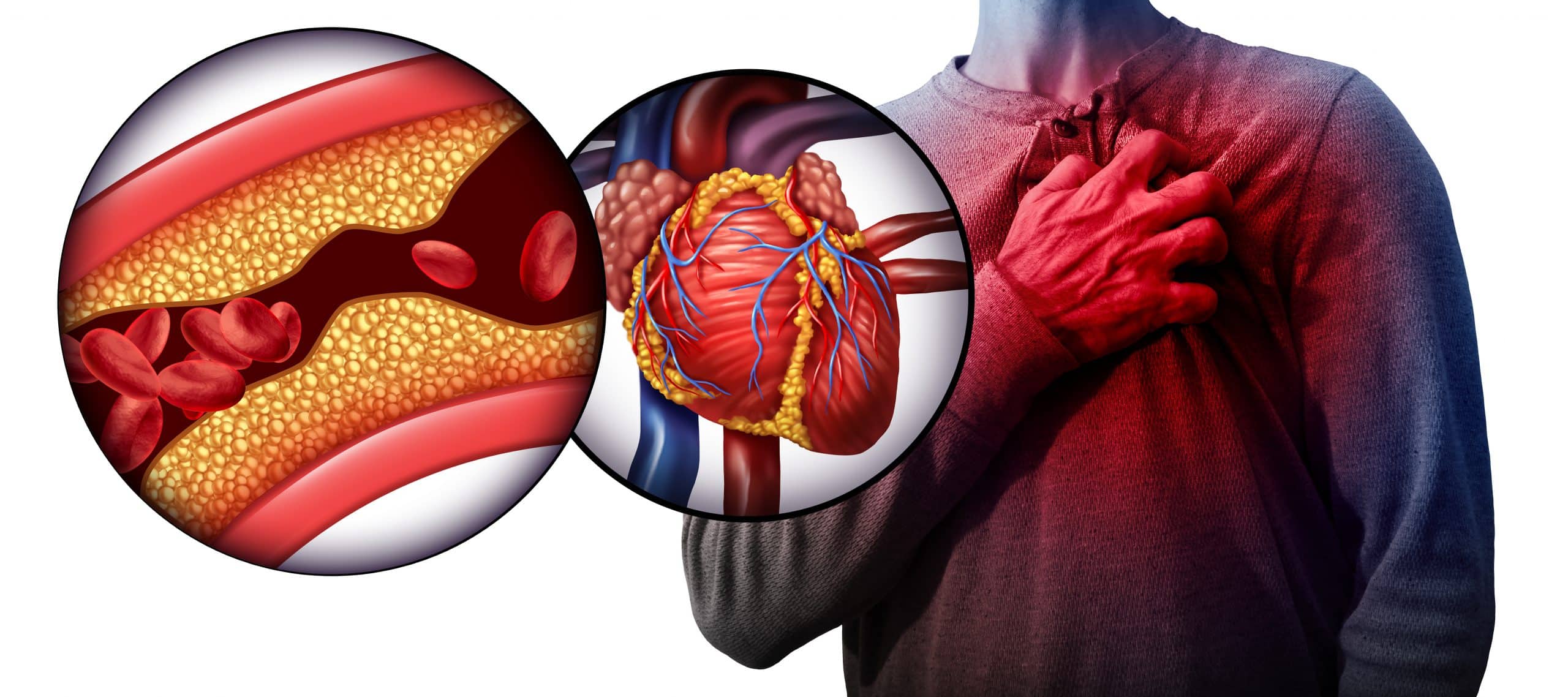05/04/2018
Allergy Medication and Cardiac Risks
Spring is here! You know what that means: beautiful weather, outdoor games and…pollen. Every year, thousands of people across the country suffer from allergies. The signature symptoms of seasonal allergies include a runny nose, itchy eyes and sometimes a throbbing headache. Pollen is everywhere, especially in Georgia. A yellow dust coats your cars, homes and pets bringing with it an uncomfortable spring spent coping as best you can. When seasonal allergies strike, many people scramble to find help over the counter at the drugstore.
When To Be Careful
Many people may cope with seasonal allergies by taking over the counter allergy medications. The three classes of allergy medications include antihistamines, decongestants and anti-inflammatory drugs. While these medications are not generally dangerous by any means, there are some circumstances that warrant caution. Sometimes, when a patient has high blood pressure, decongestant drugs or a medication formulated with a decongestant can be problematic.

Pseudoephedrine in particular can raise blood pressure and increase your heart rate, which could be dangerous in someone with already high blood pressure. Other potential threats include Oxymetazoline and Phenylephrine, so be sure to check the labels on your medications if you’re shopping for over the counter allergy medications at the drugstore. Decongestants work by tightening the blood vessels to dry up the mucus membrane in the nose. For a stuffy, runny nose this is excellent. The problem is that blood vessel constriction also raises blood pressure. According to the American Heart Association, these drugs can also contribute to atrial fibrillation, a type of heart rhythm disruption. When it comes to medication, you can never be too careful. Of course, everyone’s body is different. Your doctor can help determine what medications are safest for you.
Talking to your Doctor
The good news is that antihistamines and anti-inflammatory choices are most likely safe even for people with heart conditions. However, if you are actively taking medications for high blood pressure this may not be the case. You may experience heart palpitations while taking allergy medications as well, but in healthy individuals this is usually not cause for concern. While this is general information, it is always recommended that you discuss any medication changes with your doctor even if they are minor or over the counter, because everyone’s situation is unique.

The good news is that you can ease your allergy symptoms by taking simple steps at home that reduce your exposure to pollen, without putting you at risk if you have high blood pressure. Keeping your car and home windows shut and leaving your shoes outside are just a couple of ways to prevent pollen from lurking in your clothes and home. While allergy medications are usually fairly safe, you never know exactly how your body will react, especially if you suffer from heart disease or a heart condition.
To discuss your cardiovascular healthcare with an experienced physician, visit the Cardiovascular Group. You schedule an appointment online at https://cvgcares.com/.



